House Committee Chairwoman Maloney Nails Oil Executives
House of Representatives Oversight Committee held hearings with the CEOs of the largest oil companies where Chairwoman Maloney read quotes from internal Exxon documents, which exposed that Exxon knew for years that fossil fuels were causing global warming and that it would lead to catastrophic consequences. She attempted to get the CEOs to acknowledge having lied, which they refused to do. This is an excerpt from the House of Representatives Oversight Committee held on October 28, 2021.
TRANSCRIPT
Carolyn B. Maloney
I want to start with a few simple questions, and I would appreciate a yes or no answer on each of them.
Mr. Woods, CEO of Exxon. Do you agree that climate change is real?
Darren Woods
Yes.
Carolyn B. Maloney
Thank you. Mr. Lawler, CEO of BP America. Do you agree that climate change is caused by human activities?
David Lawler
Yes.
Carolyn B. Maloney
Mr. Wirth, CEO of Chevron. Do you agree that burning fossil fuels is a significant cause of climate change?
Michael Wirth
Chairwoman, we’ve been clear on where we stand, and we accept the scientific consensus that the use of fossil fuels contributes to climate change.
Carolyn B. Maloney
So that I’m taking as a yes.
Ms. Watkins, President of Shell, the Intergovernmental Panel on Climate Change, released a new report in August concluding that climate change is widespread, rapid and intensifying. The Secretary-General of the United Nations called report quote, and I’m quoting, “a code red for humanity,” end quote. And said, quote, “The alarm bells are deafening and the evidence is irrefutable,” end quote. Ms. Watkins, do you agree that addressing climate change is now a code red for humanity? Yes or no? Please.
Gretchen Watkins
Chairwoman Shell agrees that this is an urgent issue that needs addressing by companies, governments and society.
Carolyn B. Maloney
And it’s not just the United Nations that called it a code red. Last week, the Defence Department issued a report calling climate change, quote, “an existential threat to our nation and the world.”
Ms. Watkins, do you agree climate change is a threat to our existence?
Gretchen Watkins
Chairwoman, I agree that climate change is one of the biggest challenges that we have in the world today, which is why at Shell, we’re in action on providing lower and no carbon products to our customers. We believe this is something we’re all in together. We need to work in collaboration with society, with governments, with other companies in other industries.
Carolyn B. Maloney
Do you agree that it’s an existential threat? Yes or no? Yes or no?
Gretchen Watkins
I agree that this is a defining challenge for our generation. Absolutely.
Carolyn B. Maloney
Well, let me put it another way. Does anyone on the panel disagree with the statement from the United States and the Defence Department that climate change is an existential threat to our existence? Does anyone disagree?
So the truth is clear. Climate change is real. Burning fossil fuels is the primary cause of this crisis, and it is urgent that we fix it. This is the first time each of you has told Congress this and the companies that you represent, and it is significant and important. Thank you.
But it’s also true that if it weren’t for the actions of the big oil companies, we might have taken action to fix this problem decades ago.
Mr. Woods, I want to ask you about some public statements that your predecessor, Lee Raymond, made in 1996 and ’97 as the world was debating an agreement to reduce greenhouse gas emissions known as the Kyoto Protocol. Here’s what Mr. Raymond said in 1996, and I quote, “Currently, the scientific evidence is inconclusive as to whether human activities are having a significant effect on the global climate,” end quote. And I’d like to place his statement in the record without objection. And this was no slip of the tongue. In 1997, he gave another speech where he denounced the effects in Kyoto and said, quote, “The case for global warming is far from airtight,” end quote.
Mr. Woods, when Exxon’s CEO made these remarks about the inconclusive nature of the scientific evidence, were they consistent with the views of Exxon’s own scientists.
Darren Woods
Yes, Chairwoman. Thank you for the question. I appreciate the opportunity to address that. Our understanding of the science has been aligned with the consensus of the scientific community as far back as 20 years ago when you referenced our Chairman at that time comments. And as science has evolved and developed, our understanding has evolved and developed, as have our work and position on this statement.
Carolyn B. Maloney
Well, as you make your statement, I’m reminded of another hearing that we had with the tobacco industry. And we had all the executives seated in this room, and they were asked about their statements from their companies that the science was uncertain. And they said they did not believe that nicotine was addictive. Well, it came out that they lied. Tobacco nicotine was very addictive. And now I’m hearing from you that the science that was reported publicly where your executives were denying climate change, we know that your scientists internally were saying that it’s a reality.
So I was hoping that you would not be like the tobacco industry was and lie about this. And I was hoping that you would be better than the tobacco industry and that you would have come out with the truth. And I’m disappointed with the statement that you made.
James Black was an Exxon scientist, and I’d like to put up on the screen what he told the company’s top executives in a secret briefing back in 1978, more than 40 years ago. And he said, and I quote, “There is a general scientific agreement that the most likely manner in which mankind is influencing the global climate is through carbon dioxide release from the burning of fossil fuels,” end quote. And Mr. Black was not the only Exxon scientist to recognize that burning fossil fuels would cause dangerous climate change.
In 1982, Roger Cohen, one of Exxon’s most senior scientists, wrote a private letter to Exxon’s management, and I’m putting it in the record. He said there was a quote, “scientific consensus about the impact of increased carbon dioxide on the climate.” And there was, quote, “unanimous agreement in the scientific community,” end quote, that doubling carbon dioxide levels would lead to significant climate change.
So I’m asking you, Mr. Woods, do you agree there is an inconsistency between what Mr. Raymond, the Exxon CEO, told the public and what Mr. Black and Mr. Cohen, both Exxon scientists, told top executives.
Darren Woods
Chairwoman, no, I do not agree that there was an inconsistency. If you look at the full extent of that report, you’ll find that the comments in the report and that briefing to our management committee, which was not a secret meeting, was entirely consistent with where their Intergovernmental panel on climate change was and where the general consensus of the scientific community. And I think our position in that has continued to evolve with the scientific community. I think our message has been that this is a complex problem that’s going to require thoughtful, practical solutions, and that has been something that we continue to emphasize over time.
Carolyn B. Maloney
Reclaiming my time. I think the quotes speak for themselves. I’m putting them in the record. There is a clear conflict between what Exxon’s CEO told the public and what Exxon scientists were warning privately for years. But you don’t need to take my word for it. In 2019, two former Exxon scientists testified in this very hearing room. They were here where the tobacco executives were, and they testified before Representative [Jamie] Raskin subcommittee. They said Mr. Raymond’s statements were just plain wrong. One former Exxon scientist, Dr. Martin Hoffert, testified, and I quote, “Exxon was publicly promoting views that its own scientists knew were wrong. And we know that because we were the major groups working on this,” end quote.
And the disinformation from Exxon did not end there. In 2000, Exxon ran an advertisement in the New York Times entitled Unsettled Science. And it said, and I quote, “Even less is known about the potential positive or negative impacts of climate change. In fact, many academic studies and field experiments have demonstrated that increased levels of carbon dioxide can promote crop and forest growth,” end quote. So, Mr. Woods, was this the statement that climate change could actually be positive for our planet, consistent with the private views of Exxon’s scientists?
Darren Woods
Chairwoman, if you read the full article that was advertised that you referenced there, it concludes with a statement that says, we know enough now that governments, people and companies should be taking reasonable action to address the risk of climate change. So, again, I would come back and say that our position in this space has been consistent with the general consensus in the scientific community. Our research was in line with that. It is a small—
Carolyn B. Maloney
Thank you so much, reclaiming my time. The documents tell a different story. Let me read you an excerpt from a 1982 memo which I’d like to place in the record that M.B. Glaser, Exxon’s manager of environmental affairs, sent to Exxon management about the potential impacts of climate change. And he wrote, “There are some potentially catastrophic events that should be considered,” end quote. He said, “Those events could include melting ice caps and flooding along the East Coast, including in Florida and Washington.” And another private memo from 1981 issued similar warnings.
Mr. Cohen, a top Exxon scientist, wrote that it was distinctly possible that climate change would, quote, “Produce effects which will indeed be catastrophic, at least for a substantial fraction of the Earth’s population,” end quote. And that also unanimous consent to place in the record, Mr. Woods giving these grave warnings from Exxon’s own scientists over and over and over again, do you believe that it was ethical for Exxon to run a New York Times advertisement that downplayed the risk and instead highlighted the potential positive impact of climate change?
Darren Woods
Chairwoman, I would again say, if you look at the full context of the memos that you’re referencing, the messages that came across in those full memos is very consistent with what the general consensus of the scientific community was. And our advertorial that you mentioned again concluded that there’s enough knowledge to know that we should be taking action, that people, governments and companies should respond and take practical, reasonable action. That was consistent with what the scientific community was at the time. And as time has progressed, we continue to maintain a position that has evolved with science and is today consistent with this science.
Carolyn B. Maloney
Our witnesses today would like you to think that their actions that I have laid out and put in the record are ancient history, but they are not. Just this year, an Exxon senior lobbyist, Keith McCoy, was caught on a video boasting about these efforts, these efforts that deceived. Let’s play that clip now, please.
Keith McCoy
Did we aggressively fight against some of the science? Yes. Did we hide our science? Absolutely not. Did we join some of these shadow groups to work against some of the early efforts? Yes, that’s true. But there’s nothing illegal about that. We were looking out for our investments. We were looking out for our [crosstalk 00:14:42].
Carolyn B. Maloney
How did Exxon respond? Did they come clean about this shocking conduct? No. Mr. Woods called Mr. McCoy’s comments inaccurate, and then they fired him, and they are obviously lying like the tobacco executives were. So I want to ask each of the witnesses here today representing fossil fuel companies and trade associations to take a simple pledge. I want each of you to affirm that your organization will no longer spend any money, either directly or indirectly, to oppose efforts to reduce emissions and address climate change. Ms. Watkins, will you take that pledge on behalf of Shell.
Gretchen Watkins
Chairwoman Maloney, we spend a lot of money in lobbying for climate policy right now. And I can pledge to you —
Carolyn B. Maloney
Will you take that pledge? Yes or no? If you just want a filibuster, I’ll take it as a no? Yes or no. Will you take that pledge that you will stop spending money with dishonesty?
Gretchen Watkins
I will pledge that we will continue to spend our money on climate advocacy, climate policy advocacy as we have for many years now.
Carolyn B. Maloney
So in the interest of time, let me ask the rest of the industry representatives on this panel. Do any of you refuse to take this pledge? If you refuse to take this pledge, will you please just raise your hand?
David Lawler
Chairwoman Maloney, what I would say is that we have stopped all reputational advertising at BP. [crosstalk 00:16:15]
Carolyn B. Maloney
Will you take the pledge? I know that you’ve taken steps in the right direction. I heard that in your testimony. Thank you. Will you take the pledge? Yes or no?
David Lawler
Well, for your specific pledge, what we’re pledging to do is advocate for low carbon policies that do, in fact, take the company and the world to net zero. That’s the pledge I’m willing to commit to.
Carolyn B. Maloney
Well, [crosstalk 00:16:37] I’m asking if you’ll stop spending money, either directly or indirectly, to oppose efforts to reduce emissions and address climate change. Just stop spending money.
James Comer
Madam Chair.
Carolyn B. Maloney
That’s on lies. Okay. I take that you don’t want to take the pledge, all right. I hope that —
James Comer
Madam chair. We’re nearly two minutes over.
Carolyn B. Maloney
Okay, may I just close for one second? [Chuckles] I hope that after 40 years of misleading the public to block climate action, our nation’s oil and gas industry will finally change its behaviour and join the many good corporate citizens, community leaders, scientists who are working together to save our planet and our children. I now yield to my good friend and colleague, Ranking Member [James] Comer.
END
Podcast: Play in new window | Download
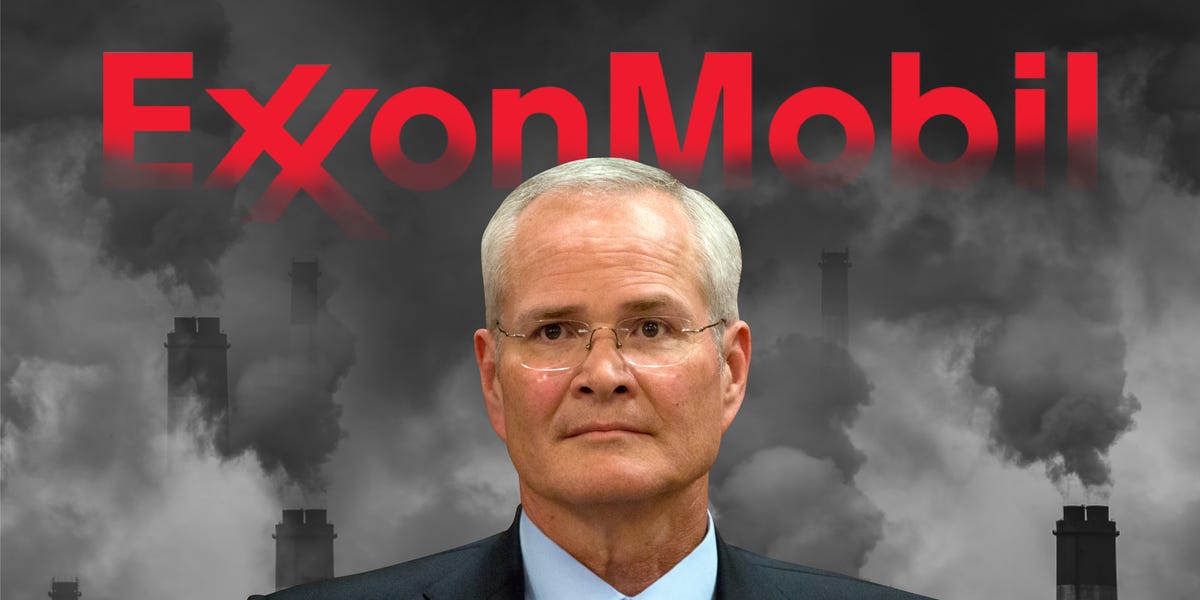
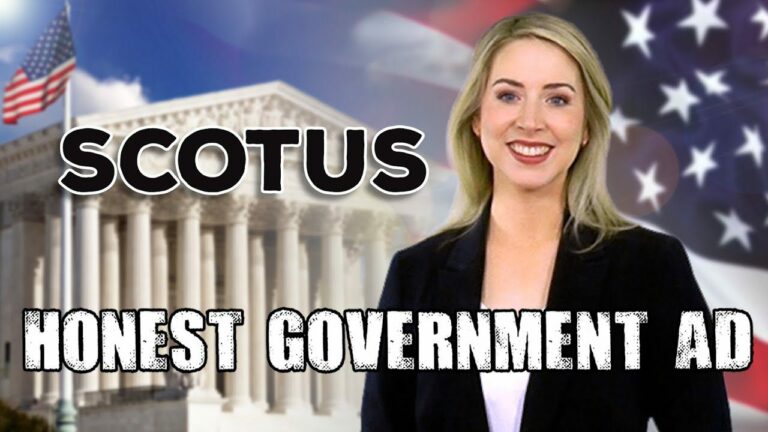
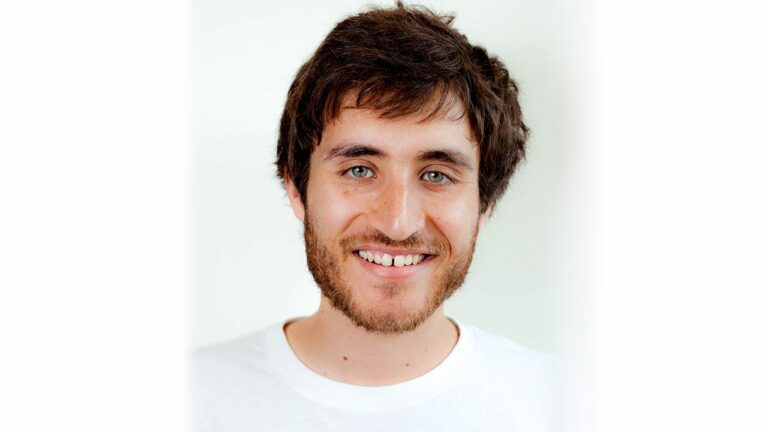
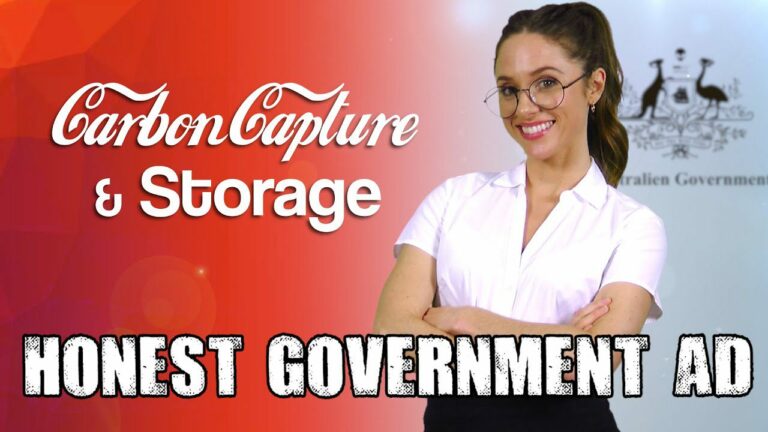
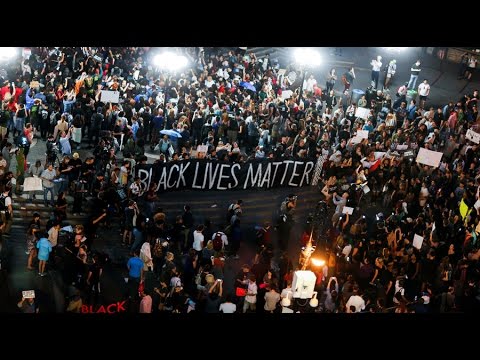
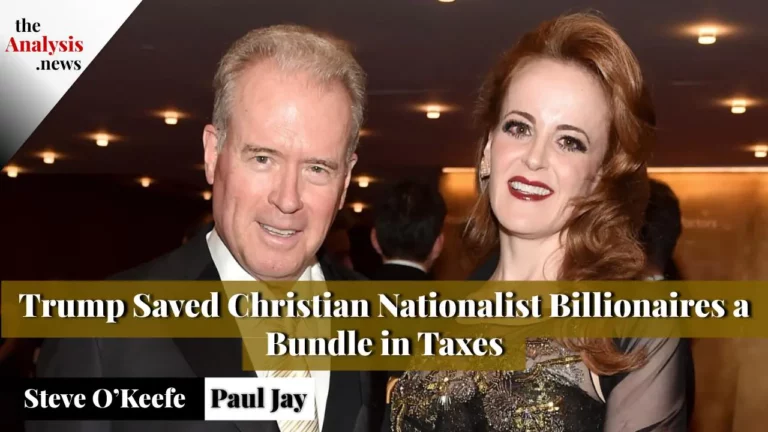
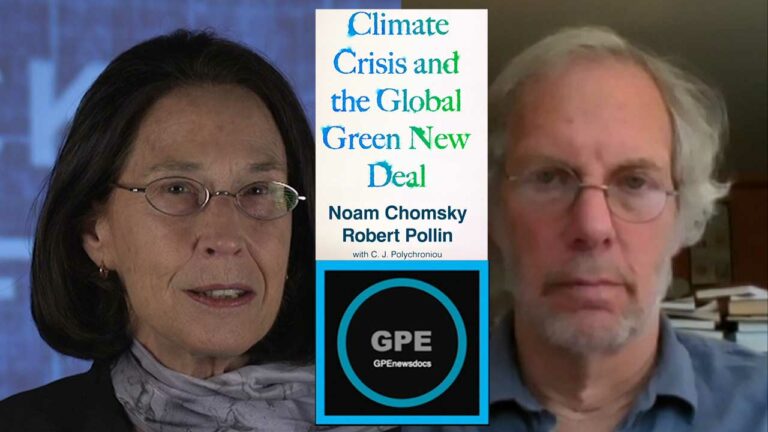
How is it that governments are able to coerce people into getting vaccinated but they are not able to coerce these “fatcats” into take responsibility for the climate crisis they caused? The debate between the government and big business is laughable! Their hypocrisy is simply flabbergasting.
>> House Committee Chairwoman Maloney Nails Oil Executives
A big show … and that is where it always ends. I am so sick of these Congresspeople and Senators doing these good-cop, bad-cop wink, wink play dramas on TV in these do-nothing hearings. I keep up on a lot of the news and issues, and even I could do better here.
The Representatives/Senators get to make a big splash and get free publicity, but nothing ever comes of it. They ask them questions they can’t possible answer on their feet, and probably would not answer if they could. Like Zuckerberg and the others, they are little little miscreant kiddies tormenting their teachers and thinking they are so cute. Everybody gets there few more minutes of fame and they all walk away happy.